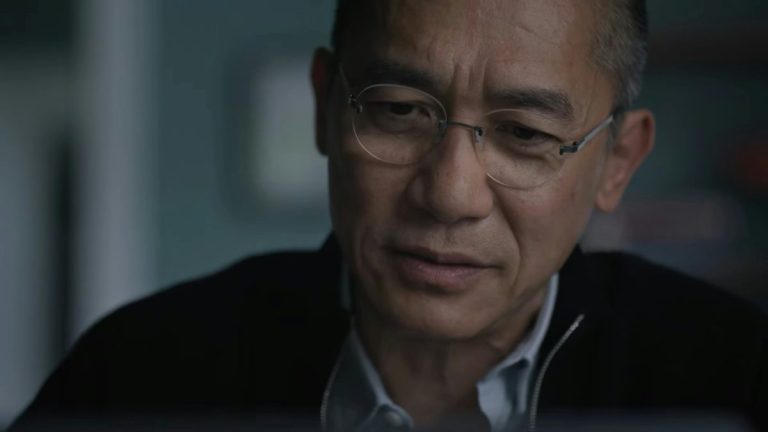“Captain America: Brave New World” (2025) is the 35th film entry in the Marvel Cinematic Universe. If you count all the television shows and short films, it will exceed the fortieth mark. More importantly, it is the last sigh of the Disney+ era of the MCU post “Avengers: Endgame” (2019), when the MCU doubled up on its production to feed its streaming service and its legion of fans in the middle of a pandemic.
That above point is important to address because this entire era, covering over five years but mostly three, is one where the monolithic nature of the MCU began to show cracks. A form of quality degradation, subpar VFX work due to overexertion of the VFX department, and interesting stories being hobbled either due to lack of compelling new characters or real-world events adversely affecting the storytelling. That is also not to mention the behind-the-scenes debacle that further exacerbated the situation.
This final instance could be attributed squarely to the Julius Onah directorial “Captain America: Brave New World” (2025). Formerly titled “Captain America: New World Order,” it underwent a name change primarily because of the subtitle’s implications in conspiracy theory and anti-Semitic rhetoric. The movie also went through significant changes in the script, with the inclusion of the Serpent Society as chief villains of the film being heavily revised, the character of Sabra, AKA Ruth-Bat Seraph (Shira Haas), undergoing minor alterations where her associations with the Mossad were removed and shifted to the Red Room, an organization within the Marvel Comics and the cinematic universe responsible for the creation of the Black Widow. The movie also underwent significant reshoots at least thrice, having been pushed back multiple times from its release date.
The overall point is this is a film constantly at war with all of its constituents barely slapped together, a Frankenstein monster of a film so much tinkered with that it had the high possibility of being an incoherent mess. The greatest trick director Julius Onah and the production team at Marvel Studios pulled off is in making “Captain America: Brave New World” a coherent film. Its biggest sin might be that it is bland and unmemorable.
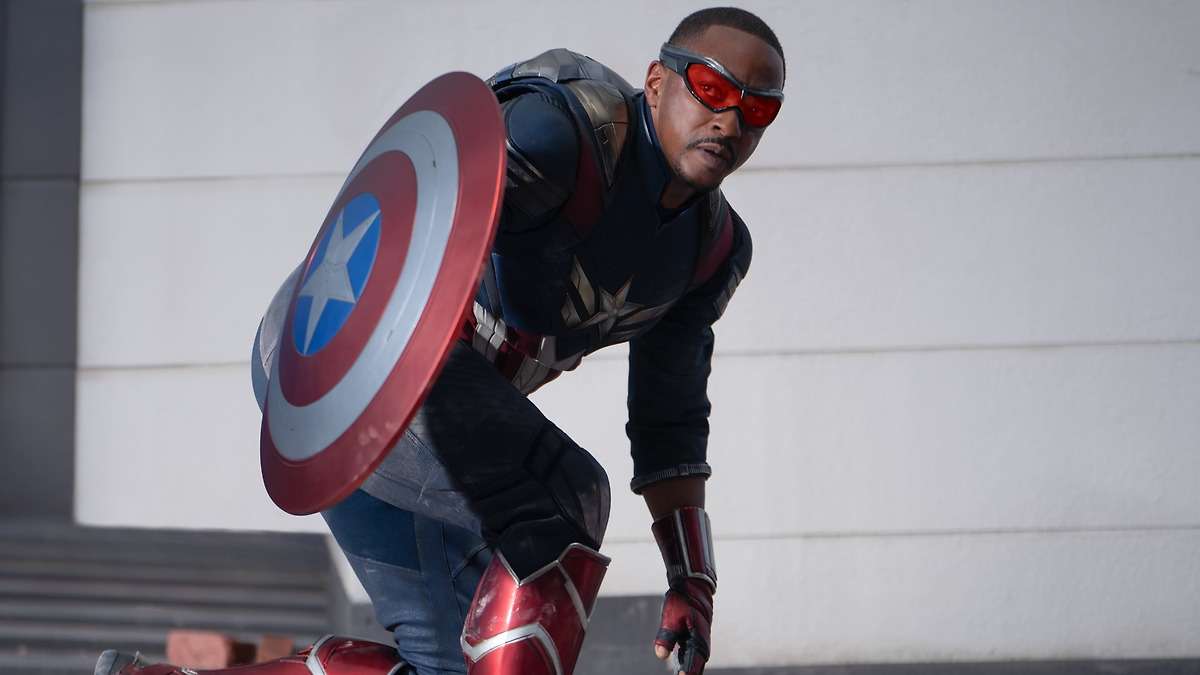
That is a weird criticism to point towards a film that has a red hulk at the center of the frame. It is also surprising that for a film titled “Captain America: Brave New World,” how much the film actively serves as a closure and a quasi-sequel to “The Incredible Hulk” (2008). Credit where it’s due, the choice to essentially frame both Sam Wilson (Anthony Mackie) and President Thunderbolt Ross (Harrison Ford) as co-leads within a film works wonders.
However, that also results in a film trying heavily to not actually take any side or purposely blunt any potent political undertones that might have been addressed or had been addressed in the previous series “The Falcon and the Winter Soldier” (2021). Thus the character of Isiah Bradley (Carl Lumbly), the “forgotten Captain America,” and his history of being experimented on heavily alluding to the real-life Tuskegee Experiments, is essentially touched upon, with Bradley being taken off the board by the end of the first act.
The more egregious sin of the film is to aggressively maintain a heavy neutral stance even if it is characterized as a political thriller. One of the easy ways to execute that ethos is to double down on the politics and knotty plotting within the fictional world, but the real-life allusions are almost comically apparent. The appearance of the Indian Prime Minister in a trademark coat, the president of the United States becoming power hungry and tactically unsound and when angry, turning into a rage monster with a color a reddish shade of orange. It is very easy to exaggerate these observations, and while the movie cannot be faulted or shouldn’t be targeted for alluding to real-life scenarios because it had been in production for so long, these instances are too easy to actually ignore and thus put you off.
It also doesn’t help that supporting characters like Joaquin Torres (Danny Ramirez) or Ruth Bat-Seraph are barely afforded any personality. While Ramirez brings a fun charm to the proceedings, Shira Haas’ character feels like a Black Widow analog brought in sorely to mirror the events of “Captain America: Winter Soldier” (2014), a superior political thriller that is arguably one of the finest of the MCU offerings.
Thus, in essence, “Captain America: Brave New World” is trying to mirror the best aspects of “Captain America: Winter Soldier” while also trying to close the loop of narratives of films such as “The Incredible Hulk” (2008) and “The Eternals” (2021). It is essentially a “work”—movies that are solely responsible for setting up the universe and pushing the larger plot of the universe forward—similar to films like “Iron Man 2” (2010) and “Avengers: Age of Ultron” (2015) while carrying over elements of “The Falcon and the Winter Soldier” TV series. These films are all characterized by either multiple writers or furious meddling behind the scenes, and thus judging the films becomes burdened with multiple caveats, as mediocrity becomes almost happenstance.
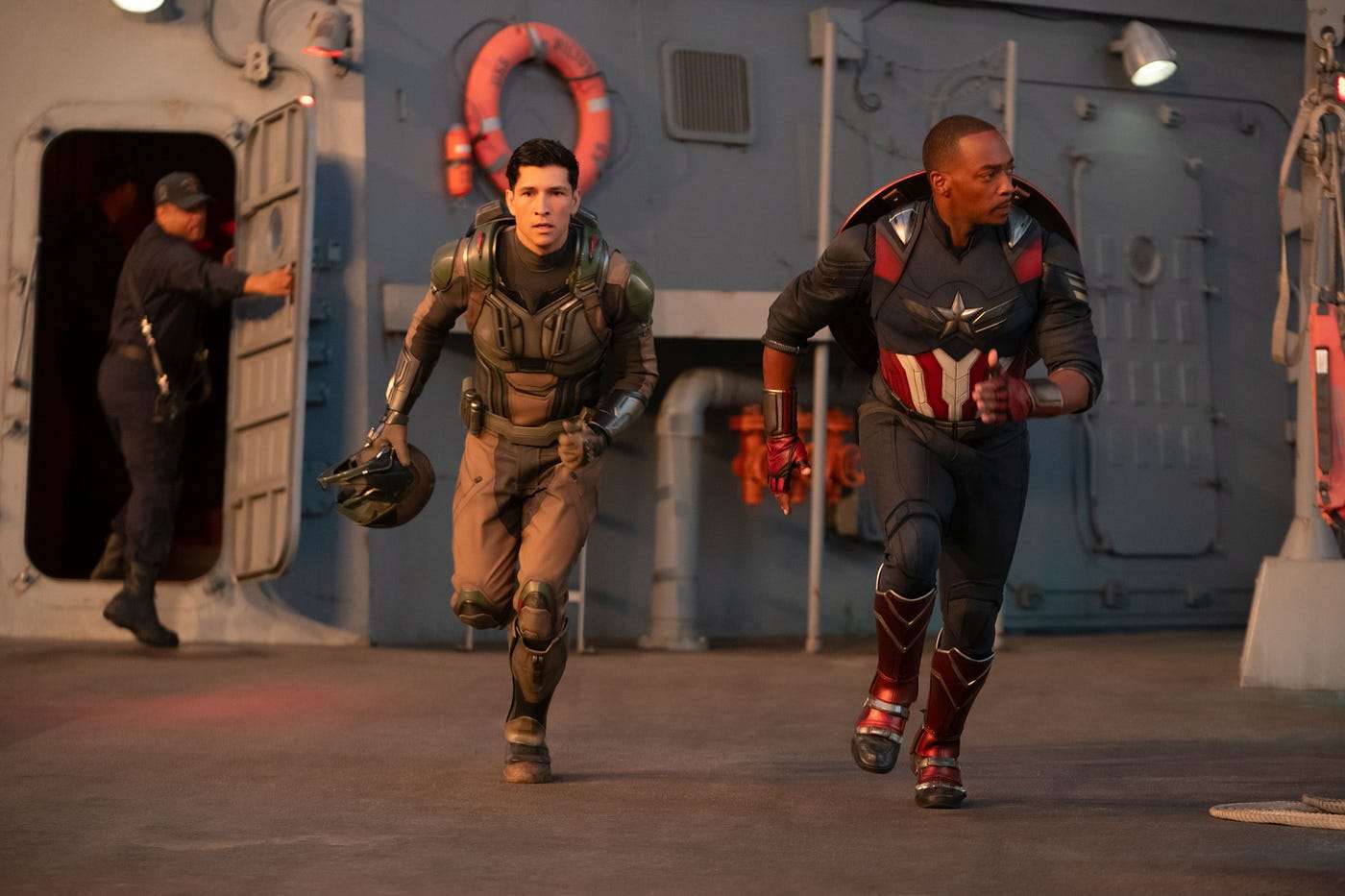
Thus, what ultimately stands out are the central characters’ work and their character arcs. One of the fears I had with this film is the repetition of the arc—the confusion and dilemma that Wilson faces at being Captain America without having the super soldier serum infused within his veins and also being an African American man taking on the mantle of Captain America. His friendship with Isiah is the marker of the latter and becomes the driving motivation for Wilson to get involved in the narrative, while the former becomes the cause of emotional turmoil as events threaten to escalate and skyrocket. All the while Anthony Mackie as Sam Wilson holds the boat together valiantly, delivering a reliable performance that manages to anchor the film.
A similar job is executed almost flawlessly by Harrison Ford, taking over the role of Thunderbolt Ross from the late William Hurt. While his arc, which is essentially continuing story threads from the “Incredible Hulk,” including the film’s primary villain, is dodgy and somewhat haphazardly developed (primarily due to five writers meddling with the film), Ford’s performance as Thunderbolt Ross sells the conflicted character of the former General and now President, giving the two-dimensionality of the character of the previous films further depth. These two performances overshadow the weak, one-dimensional performance of the villain, even as the design of that character is unique. There are also moments where the film clearly feels patched together, with sequences of Mackie and the actor playing the villain clearly not having spent a single scene together in the final act.
But even as a director, Onah wants to evoke the visceral paranoia-infused thriller of “Captain America: Winter Soldier” (2014); his action set pieces lack that energetic flair or urgency. Thus, while the athleticism of characters like Wilson, Ramirez, and Bat-Seraph provides flexibility within the fight choreography, they still lack an edge. It is also not aided by the technological advancements helping Wilson, rather than the raw brutal strength and fighting executed by both Steve Rogers and Bucky Barnes, a criticism that is unfortunately baked into the narrative design of the film itself. The CGI aerial dogfight near the Celestial statue is at best fine. Conversely, the coup de grâce—the final battle between Captain America and Red Hulk—is short but visceral and fun because it reminds you of the best of the chaotic battles associated with a bruiser character like The Hulk.
“Captain America: Brave New World” is at best a mixed bag. It is too invested in closing plot threads and pushing the larger narrative of the universe forward to have any brave ambition, even as the real-life allusions become comically distracting. It feels heavily blunted in any sort of political potency from a larger holistic perspective, but from a personal character standpoint, it is reliable and arguably has far more depth and seriousness than perhaps many recent MCU offerings. More importantly, it feels like a coherent, bland, mediocre film rather than an incoherent mess, which should be characterized as a success.




![Own Way [2019] Review: A Middling Soul-Searching Journey](https://79468c92.delivery.rocketcdn.me/wp-content/uploads/2019/06/201904150035556542-768x425.png)
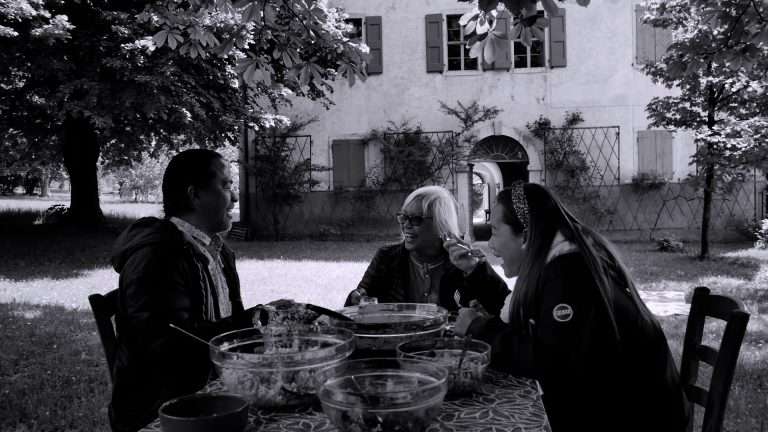
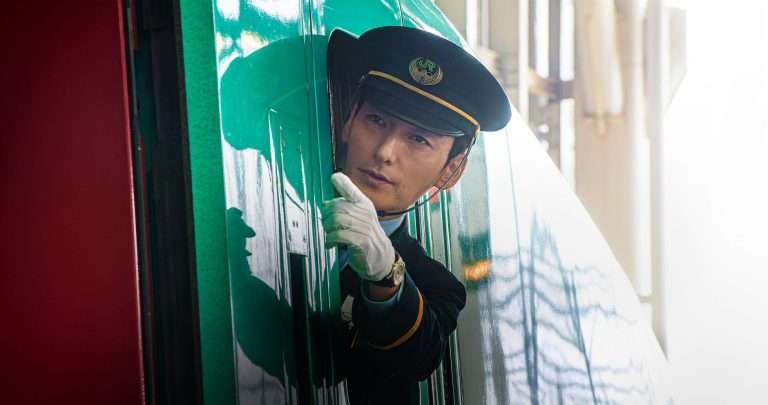
![The Matrix Resurrections [2021] Review – A Romantic Heist Film That Has a lot to say about Nostalgia, Freedom and Choice](https://79468c92.delivery.rocketcdn.me/wp-content/uploads/2021/12/The-Matrix-Resurrections-768x384.jpg)
![The Levelling [2017]: An Internal rage and grief tripping in silence](https://79468c92.delivery.rocketcdn.me/wp-content/uploads/2017/06/The-Levelling-highonfilms-768x403.jpg)
